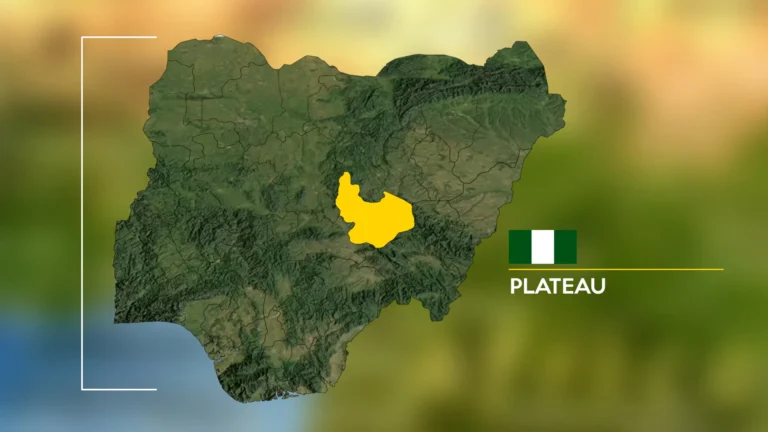
Screenshot
The Maternal Newborn and Child Health (MNCH) Week is an initiative aimed at raising awareness and providing essential healthcare services to mothers, newborns, and children in Nigeria.
In Delta State, the commitment to promoting the well-being of citizens is evident as the state actively embraces this impactful initiative. From July 26th to August 1st, Delta State sets out to maximize the benefits of the MNCH Week, ensuring that citizens receive the necessary healthcare services and education they deserve.
The MNCH Week in Delta State serves as a platform to address critical health issues that affect mothers, newborns, and children. It goes beyond just providing treatment; the week focuses on preventive measures and health education to promote healthier lifestyles and reduce the incidence of preventable diseases. The State Ministry of Health partners with various stakeholders, including healthcare professionals, community leaders, and citizens, to ensure the success of this essential program.
The role of citizens in embracing the MNCH Week cannot be overstated. Individuals must actively participate and support the initiative to ensure its success and maximize the benefits to the entire community. There are several ways in which citizens can contribute to the success of the MNCH Week in Delta State.
Firstly, citizens should take advantage of the healthcare services offered during the MNCH Week. These services may include immunizations, antenatal care, family planning, HIV/AIDS testing, and counseling, among others. It is essential for citizens to visit the designated health centers and clinics during the week to access these services for themselves and their families. By doing so, they not only prioritize their health but also contribute to the overall success of the initiative.
Secondly, citizens should actively engage in the educational programs and workshops organized during the MNCH Week. These programs provide crucial information on nutrition, family planning, breastfeeding, hygiene practices, and the importance of regular medical check-ups. By participating in these activities, citizens can acquire knowledge that will positively impact their health and that of their families. They can also become advocates within their communities, spreading awareness and encouraging others to embrace a healthy lifestyle.
Additionally, citizens should actively promote the MNCH Week within their communities. They can spread the word about the initiative through various means, such as word of mouth, social media, community gatherings, and local community leaders. By raising awareness about the MNCH Week, citizens can ensure that all members of the community are aware of the benefits it offers and encourage their participation.
Moreover, citizens should hold the government accountable for the success of the MNCH Week. They can actively engage with their elected representatives to express their support for the initiative and advocate for improved healthcare services. By demanding transparency and accountability, citizens can ensure that the necessary resources are allocated and that healthcare services are efficiently provided during the MNCH Week and beyond.
In conclusion, the Maternal Newborn and Child Health Week is a significant initiative in Delta State, aimed at improving the well-being of mothers, newborns, and children. Citizens have a pivotal role to play in embracing the week by actively participating in the healthcare services and educational programs offered, promoting the initiative within their communities, and holding the government accountable. By working together, citizens and the government can maximize the benefits of the MNCH Week, leading to improved health outcomes for all residents of Delta State.




